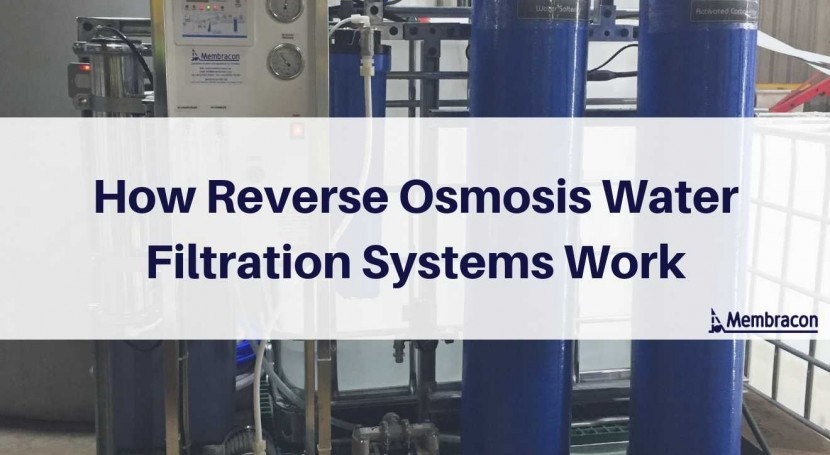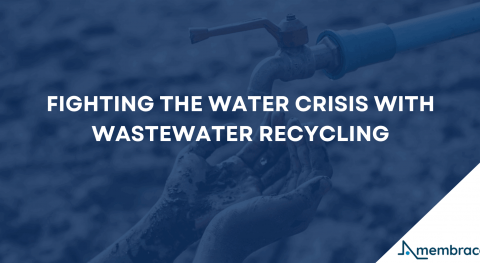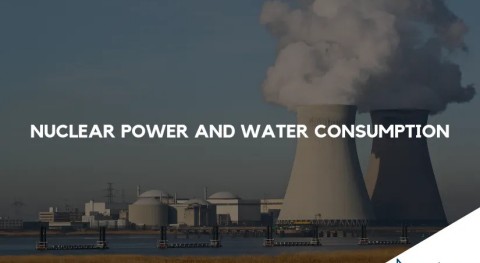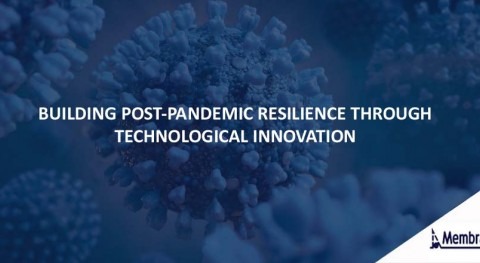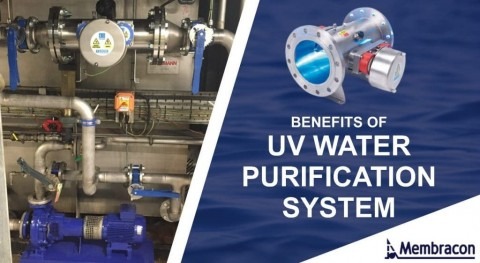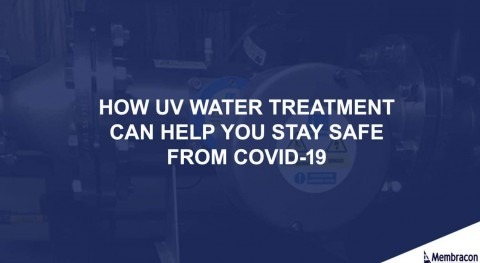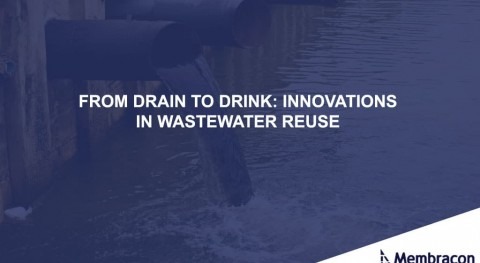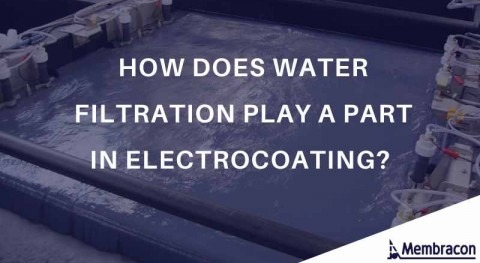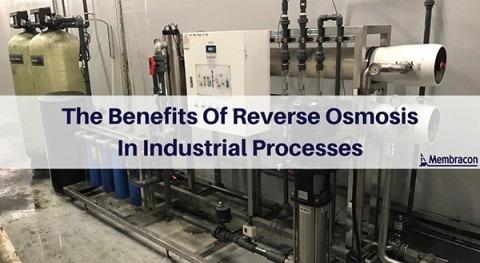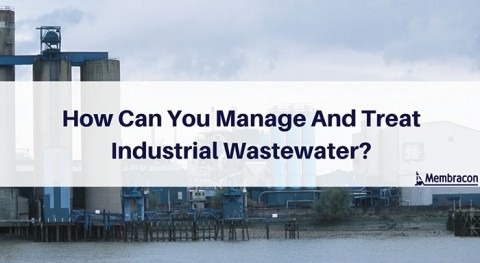Although all water filtration systems are achieving the same thing, the process can differ depending on your chosen solution. Reverse osmosis is a solution that can reject up to 99.9% of bacteria.
This is why it's popular in industrial processes where there’s a variety of contaminants such as grease, oil, paint and chemicals.
Read on to find out what RO is, how it works and what industries use it.
What is reverse osmosis?
Often referred to as RO, reverse osmosis is a type of water filtration solution that removes impurities. Some towns have poor water quality due to an in balance, for example, some water has too much fluoride in it.
This means the water needs treating before it can be used. Solids can also be found in water which needs capturing and removed.
Water filtration systems such as RO can be used to provide companies or towns with the correct water. They can also be used to manage and treat wastewater.
An example of this would be an automotive company that manufacture car parts, the water they’ve used to clean machinery cannot be disposed of down the drain. This would harm the environment and defy regulations and laws.
RO would be able to remove the contaminants such as paint, grease and oil so that it could be reused in production or disposed of correctly.
RO is becoming increasingly popular due to the capabilities it has in comparison to other water filtration solutions. It’s not uncommon for a combination of systems to be used to ensure your required water quality is achieved.

How does RO work?
Water passes through a membrane that removes impurities without the use of chemicals, resins or ion exchange beds. The pressure is applied to force the solution through the semipermeable membrane as illustrated below.
There are a variety of membranes that come in different shapes and sizes depending on the impurity they need to capture and the quantity of water passing through.
Who uses water filtration systems?
In many, if not all industries there are requirements, this could be for the products themselves (like medication or food) or the equipment and surroundings used.
Agriculture is an example of this, the area in which the cows are milked needs to be kept clean so there’s no cross-contamination between different herds.
If the area was to be cleaned with the incorrect quality of water this could have huge implications on the health of livestock, resulting in damaging the brand reputation and sales.
Another reason water filtration systems are required can be due to location issues. Depending on where you are, water can vary hugely. Your raw water may not be suitable or clean enough to use in the production or for cleaning.
By installing a system like RO you can clean the water you already have access to rather than purchasing filtered water. More than one system can be used to achieve a specific level of water quality.
Below is a list of sectors that RO can be used in:
- Automotive
- Food & Beverage
- Aerospace
- Pharmaceutical
- Agriculture
- Finishing
- Industrial
Benefits from installing an RO system
Traditional filtration systems use chemicals to treat water, which causes a lot of hazards not just in the workplace but for staff too.
Installing an RO system saves money in the long run as you’re treating your own wastewater instead of paying somebody else to collect and treat it. You can then dispose of it yourself or reuse it in production.
Another benefit of implementing RO is it’s a self-contained unit that cleans itself. It only requires a daily check from onsite personnel rather than being actively maintained.
The membranes can last 2-3 years depending on the quality and quantity of feed water. All membranes can be replaced in any given system within hours, compared to a resin-based system which could take days.
Conclusion
RO removes impurities with cutting edge designed membranes, without the use of chemicals. It's becoming an increasingly popular solution to companies and towns water issues.
To understand your specific water issue and to ensure you’re water filtration choice is right for you, Membracon offers a free water analysis test. Membracon design and build every unit fully bespoke to suit each customers requirements.


